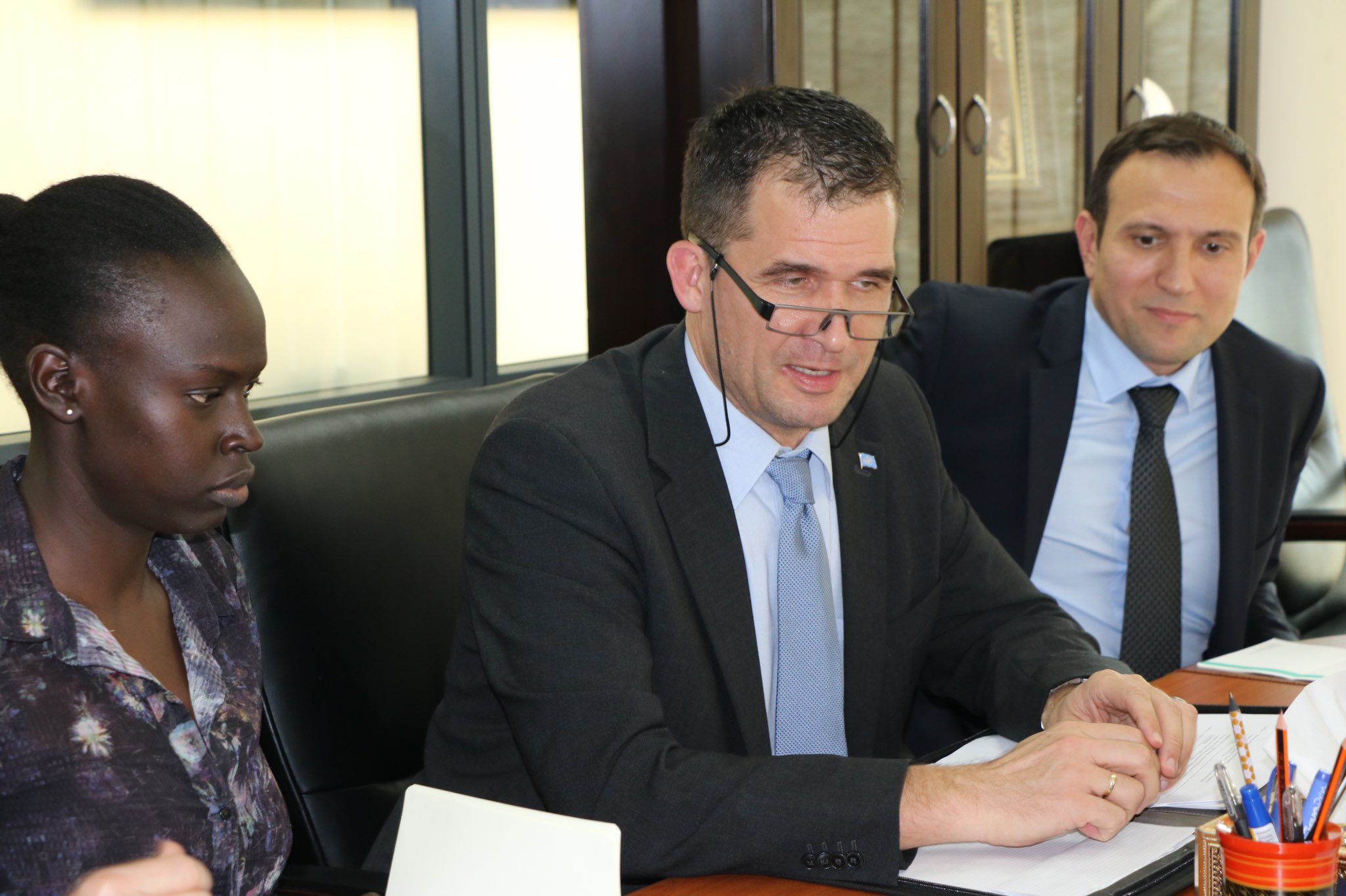UN special rapporteur concerned over ‘near-complete impunity’ for torture
Watchdog bodies failed to “ensure an effective system for oversight and accountability.”

25 Nov 2019, 09:00
The Maldives human rights institution and watchdog body for law enforcement agencies have failed to ensure an effective system for oversight and accountability, visiting UN Special Rapporteur on Torture Nils Melzer told the local press on Sunday.
Briefing the press on his preliminary observations after an eight-day visit, Melzer noted that despite hundreds of complaints submitted to the Human Rights Commission and National Integrity Commission since the 2013 anti-torture law was enacted, “no Maldivian official has ever been held accountable, nor has any victim received redress, if only through official acknowledgment on the part of the government.”
The Prosecutor General’s office routinely dismissed cases citing lack of sufficient evidence, he added, which suggests “either a grave systemic shortcoming in the investigative mechanisms put in place or a complete lack of political will to hold officials accountable.”
The UN rights expert urged the government to reaffirm a zero-tolerance policy for torture, announce severe disciplinary punishments for violations, strengthen capacity of investigative bodies, and to train police, soldiers and corrections officers.
Become a member
Get full access to our archive and personalise your experience.
Already a member?
Discussion
No comments yet. Be the first to share your thoughts!
No comments yet. Be the first to join the conversation!
Join the Conversation
Sign in to share your thoughts under an alias and take part in the discussion. Independent journalism thrives on open, respectful debate — your voice matters.




